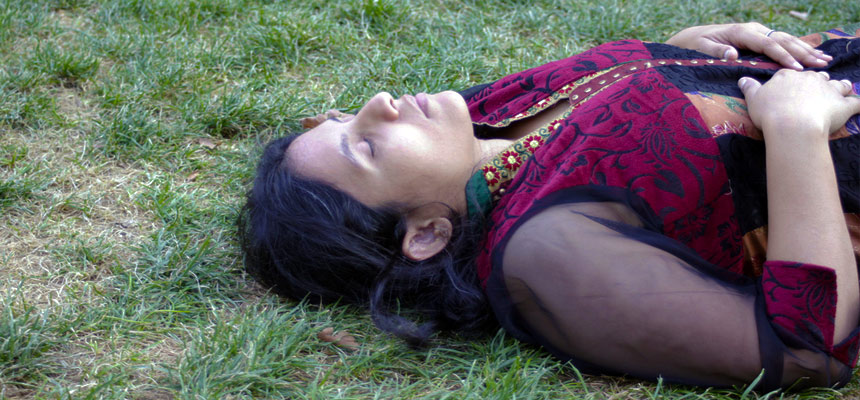4-Year-Old Becomes The Youngest Sleeping Beauty In The World

Four-year-old Liya was brought to Aster Medcity in Kochi with inexplicable symptoms. She was having episodes of unconsciousness, during which she remained unresponsive for over 24 hours or more.
The doctors were quite perplexed initially, and suspecting epilepsy, began anticonvulsive medication. Further investigations revealed that Liya had a very rare neurological disorder called Kleine-Levin Syndrome, or Sleeping Beauty Syndrome, that affects only around one or two in every million people.
Liya was conceived through in-vitro fertilisation, six years into her parents’ marriage. She seemed to be a normal child, but her speech was delayed till she was three years’ old.
In October 2016, Liya began to exhibit strange behaviour – becoming irritable and crying for no apparent reason. These bouts of irritability were followed by 24-hour periods of unconsciousness, and after she woke up, she would always be confused and aloof.
The Diagnosis
After one such episode of marathon sleeping, Liya was brought to Aster Medcity in a deeply comatose state, with a very low heart rate. Continuous EEG monitoring ruled out a non-convulsive epileptic state.
Other investigations followed, including Polysomnography - a sleep study that records brain waves, blood oxygen levels, heart rate, breathing and eye and leg movements to diagnose sleep disorders.
The results showed prolonged REM sleep, and upon further investigations, the doctors diagnosed Liya’s condition as Kleine-Levin Syndrome, or Sleeping Beauty Disorder. This disease generally affects teenagers, with symptoms beginning during adolescence. Liya, however, is the youngest known case. Two-thirds of Kleine-Levin cases are male.
What Really Happens To Affected Folks
Patients affected by the Kleine Levin syndrome fall into deep sleep that can last from many hours to many days. Liya used to fall asleep for five days at a time.
This sleep state, as in Liya’s case, is usually preceded by a period of irritable or abnormal behaviour. Liya’s consultation with a Child Psychologist also confirmed the diagnosis of Kleine-Levin Syndrome, and she was subsequently treated with neuroleptics, mood stabilisers and stimulants, to which she responded well.
Dr. Akbar Mohammad Chettali, Paediatric Neurologist, said that it was interesting to note that Liya’s grandmother’s death was due to psychiatric illness and prolonged coma, and he feels it could actually have been from Kleine-Levin syndrome.
While the frequency of the sleep attacks have been known to decrease as the patient grows older, the illness can recur, and medication therefore must be continued for a prolonged period. The patient is also advised to regulate sleep patterns, by sleeping on time.

 Disclaimer: Welthi.com does not guarantee any specific results as a result of the procedures mentioned here, and the results may vary from person to person.
Disclaimer: Welthi.com does not guarantee any specific results as a result of the procedures mentioned here, and the results may vary from person to person.









